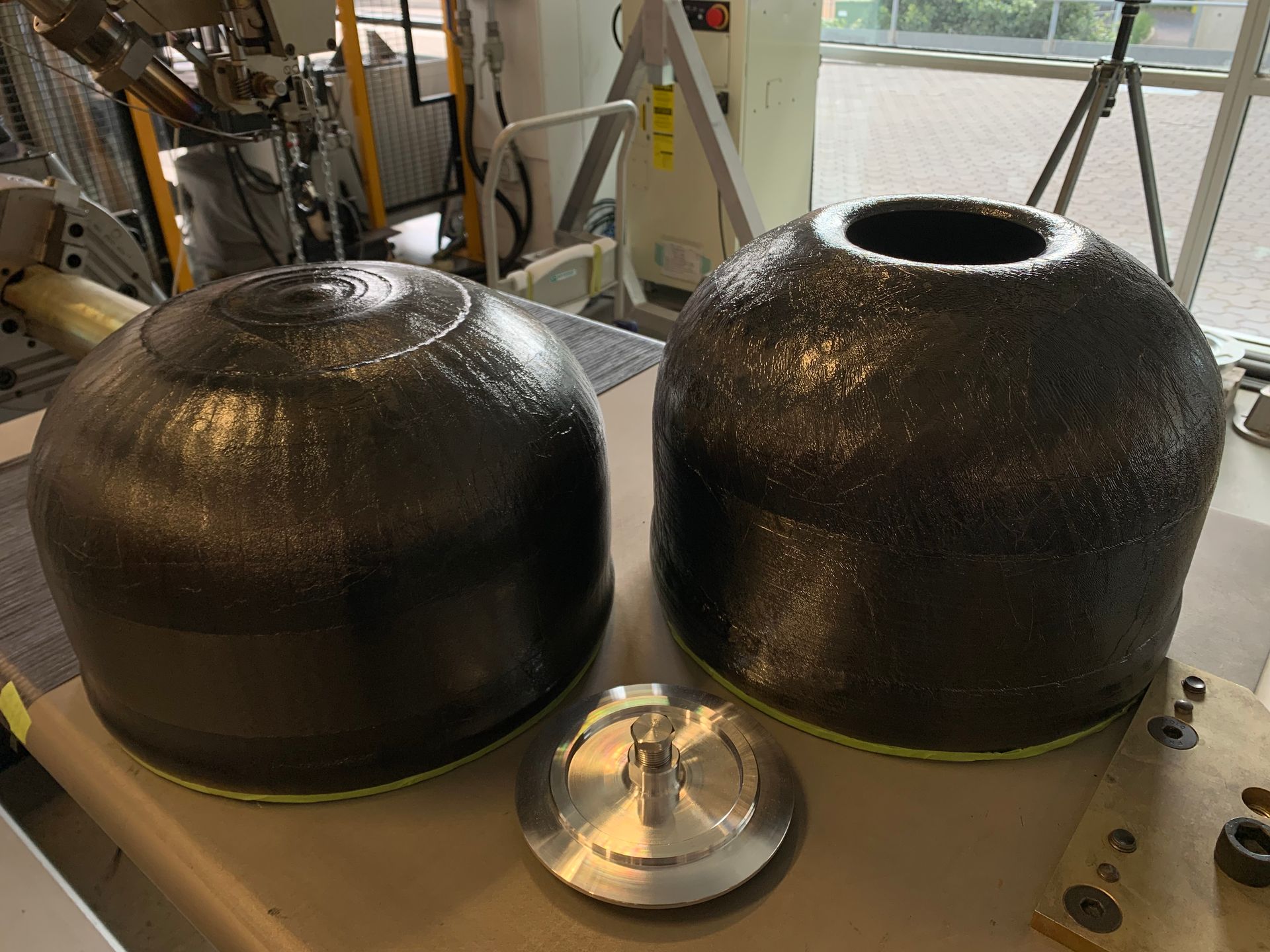10 questions with Alex Air, ACM CRC PhD Student
Educating and Training is critical to upgrading Australia’s composites manufacturing capability, through the employment of trained graduate engineers focused on future industry.
Our HDR Program seeks to expand industry engagement, transform industry capability via 100 HDR student commencements, restructure trade capability via a refresh of industry training, and promote a proactive gender balance in the sector.
We’re taking this opportunity to introduce each our PhDs to you – those who are playing a significant role within our program, and in the broader industry. First up, is Alex Air, from one of ACM CRC’s university partners,
UNSW Sydney.
1. Under which ACM CRC Research Program does your PhD project sit?
My PhD project falls under both Research Program 1 (Composite Materials) and Research Program 4 (Design, integration).
2. What is the focus of your PhD?
I’m investigating the application of automated fibre placement (AFP), a robotic composites manufacturing process, to composite pressure vessels. AFP is a highly flexible, tape-based process that gives designers and researchers greater flexibility in the fibre angles and thickness of composite pressure vessels than the traditional filament winding technique. This is at the sacrifice of increased complexity and more factors that must be understood, controlled, and optimised. Specifically, I am looking at the usage of AFP to produce Type V (aka. Liner less) pressure vessels that are the current state-of-the-art in compressed gas storage. Producing Type V pressure vessels requires a deep understanding of material behaviour and manufacturing processes, and is currently an area of significant scientific research.
3. When did you become interested in this field?
I developed an engineering interest in composite materials in early 2020, during the final stages of my undergraduate study at UNSW.
4. What made you interested in it?
As a car enthusiast, I have always been fascinated with composites as they are extensively used in Formula 1 and other high-performance applications. During my undergraduate degree, I was Chief Engineer at Sunswift Racing and worked on the design and Sunswift 7. Sunswift 7 features a fully composite chassis and composite suspension arms among other parts. Figuring out how to design these components and subsequently having the opportunity to manufacture them hands-on at McConaghy Boats, Gosford, sparked a deep interest in the field.
5. What do you hope to achieve through your PhD? What challenges are you hoping to solve?
I’m aiming to physically demonstrate an increase in the structural efficiency of a composite pressure vessel enabled by AFP. This is achieved by utilising the unique capabilities of AFP to place material more efficiently than can be done using filament winding. Material is the number one cost driver for composite pressure vessels, so reducing material consumption would help to reduce the cost of key future fuels such as hydrogen, which relies on composite pressure vessels in many applications.
6. What are your long-term goals/ambitions?
Following the completion of my PhD, I would like to work within an overseas company as a composites design/research engineer in either the automotive or aerospace industries. By working for a company at the top of their field, such as Airbus, a Formula 1 team, or SpaceX, I hope to end up leading a high-performance team that can tackle the hardest, technical engineering problems facing our society.
7. What’s the best thing about being an ACM CRC PhD student?
The ACM CRC is the premier composites organisation in Australia, working with most major companies and leading universities in the field. This allows me to easily connect with industry professionals. I actively use this opportunity to obtain information and get help with problems that I can’t solve on my own.
8. What one piece of advice would you give to people thinking of undertaking a PhD in the composites manufacturing area?
If you are considering a PhD in this area, I would highly recommend engaging with people in industry, which is easily facilitated through the ACM CRC, and understanding what types of issues they are facing in their manufacturing operations. Targeting real problems will make your research purposeful and will allow you to translate between the research and industrial worlds with ease.
9. Tell us something about you that would surprise/impress people?
I am an avid mountain biker and love spending days exploring on my bike and challenging myself to develop the skills to ride difficult terrain. In 2023, I had the chance to travel to Canada and ride the Whistler Bike Park, the world’s top destination for mountain biking.
10. Anything to add?
If you love very challenging and highly independent work, I highly suggest pursuing a PhD in engineering. I have thoroughly enjoyed my experience and the flexible lifestyle that allows me to work on the cutting edge, while still taking advantage of living a student life.

Interested to know more?
Visit our Education and Training page to learn more on our HDR Program, and how it’s helping to achieve industry transformation.




